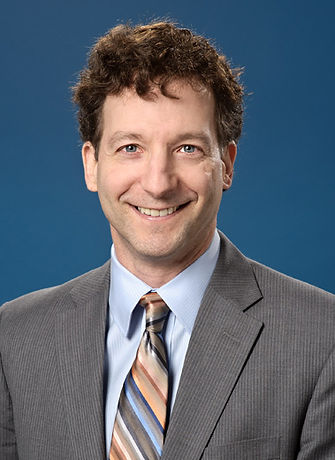
ABOUT US

Andrew Adler received his bachelor’s degree from Harvard College, where he majored in chemistry and earned the John Harvard Scholarship for “academic achievement of the highest distinction” (top 5% of class). He then obtained his law degree with honors from the University of Michigan, where he served as an article editor of the University of Michigan Journal of Law Reform, graduated in the top quintile, and garnered the Raymond K. Dykema Scholarship Award for “the likelihood of substantial future contributions to the legal profession.”
Next, Andrew earned advanced degrees in law and literature from New York University. He secured funding from a Henry M. MacCraken Fellowship, the most prestigious fellowship then granted to NYU humanities graduate students. Andrew’s grades fell within the top 5% of all NYU law students in his class year.
Andrew proceeded to serve for two years as law clerk to Judge Whitman Knapp of the United States District Court for the Southern District of New York (often described as the best trial court in the country).
In private practice, Andrew honed his skills in law firms of various sizes: the former large (Am Law 100) firm, LeBoeuf, Lamb, Greene & MacRae LLP; the “prominent,” “powerhouse” Manhattan litigation boutique of Kornstein Veisz Wexler & Pollard LLP; and the national, mid-sized Traub Lieberman Straus & Shrewsberry LLP.
Through such experience, Andrew assembled an unusually wide range of knowledge and abilities to propel his general commercial practice. He also developed certain practice areas in which he continues to excel:
Appeals - While still a second-year law student, Andrew helped draft a certiorari petition in a landmark U.S. Supreme Court case won by his side (and, during the preceding summer, he independently conceived and researched a new third-party cause of action in a related case). This involvement paved the way for further important appellate work.
Professional Liability - Andrew has successfully prosecuted and defended complex attorney malpractice disputes involving corporate, real estate, bankruptcy, and trusts & estates law, and many other underlying contexts. He has given risk-management consultations to corporate legal departments. In addition, he has defended insurance agents and brokers, CPAs, engineers, and title agents.
Intellectual Property - He also became adept at copyright, unfair competition, and other intellectual property regimes, particularly representing foreign publishing houses seeking to navigate the American system.
Insurance - Andrew took a course in Insurance Law and then gravitated to LeBoeuf Lamb, one of the premier firms in that field. There and at Kornstein Veisz, he represented insurers in some well-known cases, including market conduct defense in class action and attorney general lawsuits. Then, for over nine years, Andrew worked for Traub Lieberman, which maintains a focus on insurance coverage and defense.
Andrew’s rigorous education in the physical sciences and math has repeatedly furnished an edge: He can comprehend technical documents, confidently crunch the numbers in anticipation of a settlement negotiation, or create a spreadsheet to demonstrate the financial or quantitative aspects of his cases.
Education
Harvard College, A.B. (cum laude), Chemistry
University of Michigan Law School, J.D. (cum laude)
New York University, M.A., English & American Literature & Language
New York University School of Law, LL.M., General Law
Bar Admissions
New York
U.S. District Court, Southern District of New York
U.S. District Court, Eastern District of New York
U.S. Court of Appeals, Second Circuit
U.S. Supreme Court
Publications
Can Formalism Convey Justice? — Oaths, “Deeds,” & Other Legal Speech Acts in Four English Renaissance Plays, 72 St. John’s L. Rev. 237 (1998).
Translating & Interpreting Foreign Statutes, 19 Mich. J. Int’l L. 37 (1997) (“A rich and subtle account…,” according to Harvard Law Professor Lawrence Lessig in 2019; article cited most recently, in 2015, by a federal court).
The New Real Estate Lending Standards for Banks, 111 Banking L.J. 136 (1994) (as ghost researcher & writer for Gary A. Goodman).